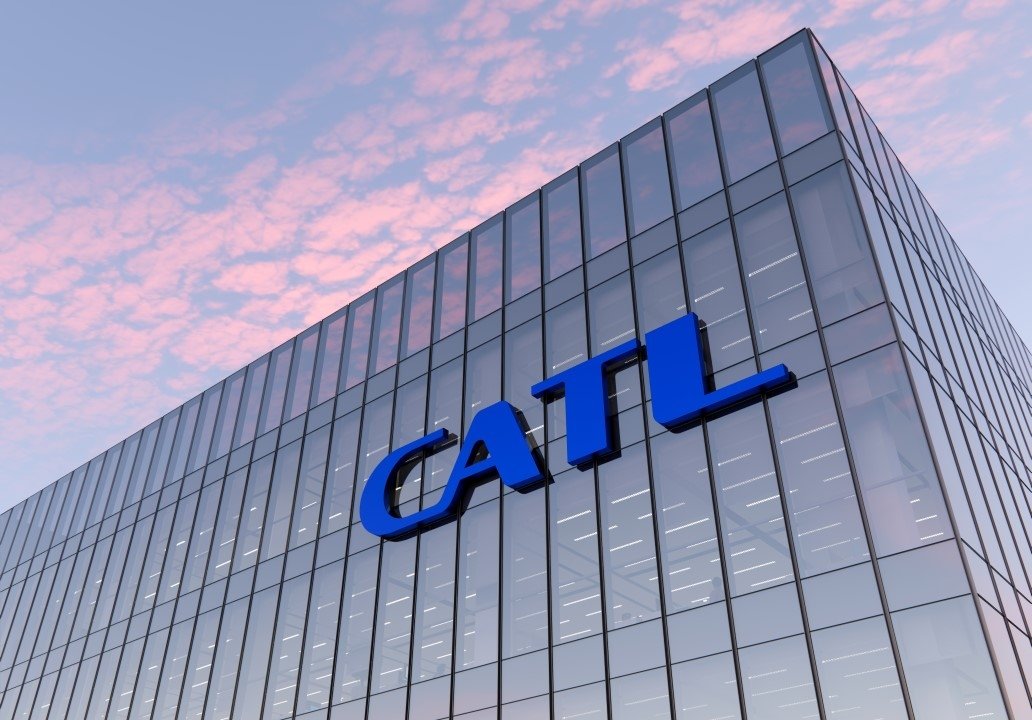Even though the issue with the battery plant seems to be an environmental one, political interests could be behind the demonstrations.Continue reading

The government department has issued an environmental permit for the construction of the battery factory in Debrecen, eastern Hungary, under stricter conditions than ever before, the Hajdú-Bihar County Government Office told MTI on Monday. China’s Contemporary Amperex Technology Co. Limited (CATL) is building a factory in the rural town, worth around €7.8 billion.
With the issued permit, the government office has imposed a number of obligations on the investor to protect environmental elements such as soil, air, nature, and water. In addition, in a number of cases, the decision required compliance with stricter limits than those laid down in the legislation and more frequent inspections.
One of the main concerns is the environmental impact of the battery plant, with many citing the huge water demand of the factory. However, studies have shown that this would not be a problem. Former Hungarian President János Áder also discussed this in his podcast called Blue Planet with Péter Kaderják, CEO of the Hungarian Battery Association. They concluded that
the quality and quantity of the drinking water in Debrecen will remain the same, as the natural water recharge of the town’s aquifer is about 75,000 cubic meters per day.
The city of 200,000 inhabitants currently consumes 38,000 cubic meters of water a day. Moreover, 70-80% of the water in the factory will be used for cooling, and will be obtained entirely from ‘grey water,’ i.e. waste water treated at a nearby plant.
The battery factory has caused quite a stir in Debrecen, sparking strong protest from the public. It might be thought that it was mainly local people who were protesting, but that was not the case, as politicians and protesters linked to the Hungarian opposition turned up at the scene, and it also emerged that the Open Societies Foundation is supporting the agitation against the factory.
Residents against the #Chinese CATL investment. The planned battery factory has lots of environmental and health risks that people who live around there don’t want to take. The government and the local government are pro. Who will win the battle?#Green #Battery #Debrecen #HealthyCare pic.twitter.com/QynjHN4pWW
— Megújuló Magyarországért Alapítvány (@MegujuloA) January 20, 2023
According to the Hungarian government, the opposition to the plant is motivated by the Hungarian left’s desire to prevent large-scale investment from coming to Hungary. Meanwhile, CATL has recently built a similar factory in Germany, where liberal and green politicians had no problem with the investment.
There is also a bit of news that started to spread like wildfire in recent days and only added fuel to the fire, that the Hungarian government has given CATL 310 billion forints (€800 million) in subsidies for the Debrecen investment.
It soon turned out, however, that this was just speculation, and that there was no concrete agreement between the government and the Chinese company, as Hungarian economic site Világgazdaság reported. The Ministry of Foreign Affairs and Trade said that the tax relief and subsidies to the Chinese company are clearly regulated by the European Union and Hungarian law, adding that there is currently no final contract between the two parties, only offers.
It should also be added that the size of the giant investment is HUF 3000 billion (EUR 7.8 billion), making it the largest investment in Hungary. Given the large figure, if we take the public share of the HUF 310 billion mentioned, it is still only 10% of the real amount, and the relevant legislation even allows for much higher subsidies. Moreover, the production start-up of the CATL plant will generate an added value of HUF 866 billion (EUR 2.2 billion), which is 1.6 percent of the Hungarian GDP in 2021, not to mention the fact that the plant will also bring in substantial tax revenues for the city of Debrecen.
Moreover, it is not just taxes that will benefit Debrecen: the new factory could also have a positive impact on the real estate market. The local real estate market has already been boosted by the fact that BMW recently built a factory here and that there was an immediate surge in demand. Now supply is at a low level in the city, and the potential demand boost for real estate has not yet been priced in by locals due to the controversy surrounding the investment. However, experts tend to agree that job-creating investments always have a positive impact on the property market in an area, although the strength of the impact may vary from region to region.
Featured photo via Twitter/SFC Talk